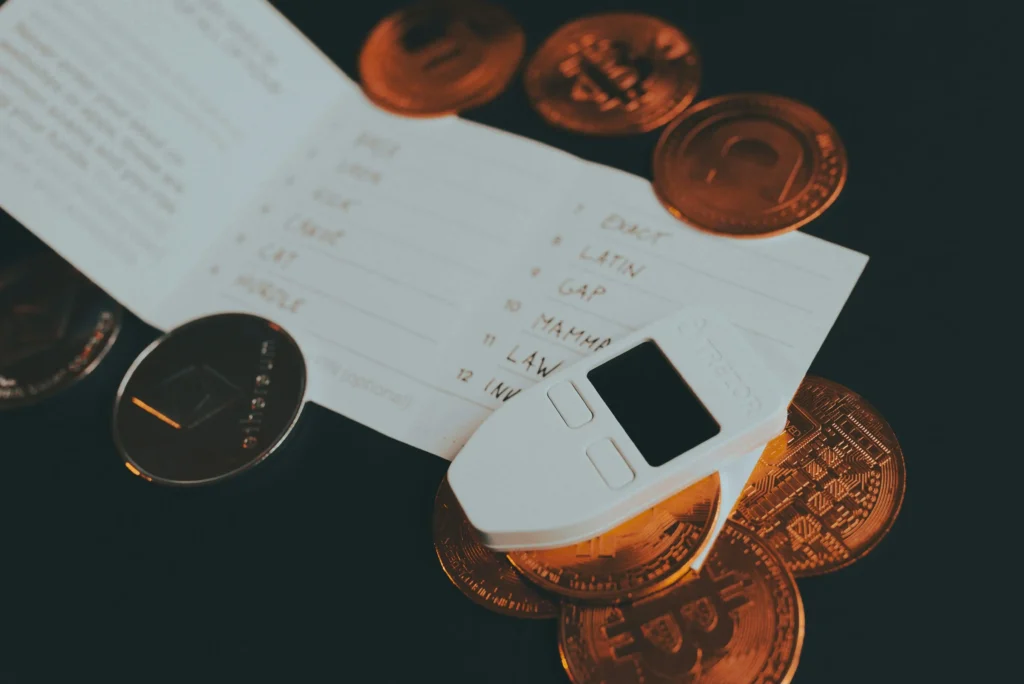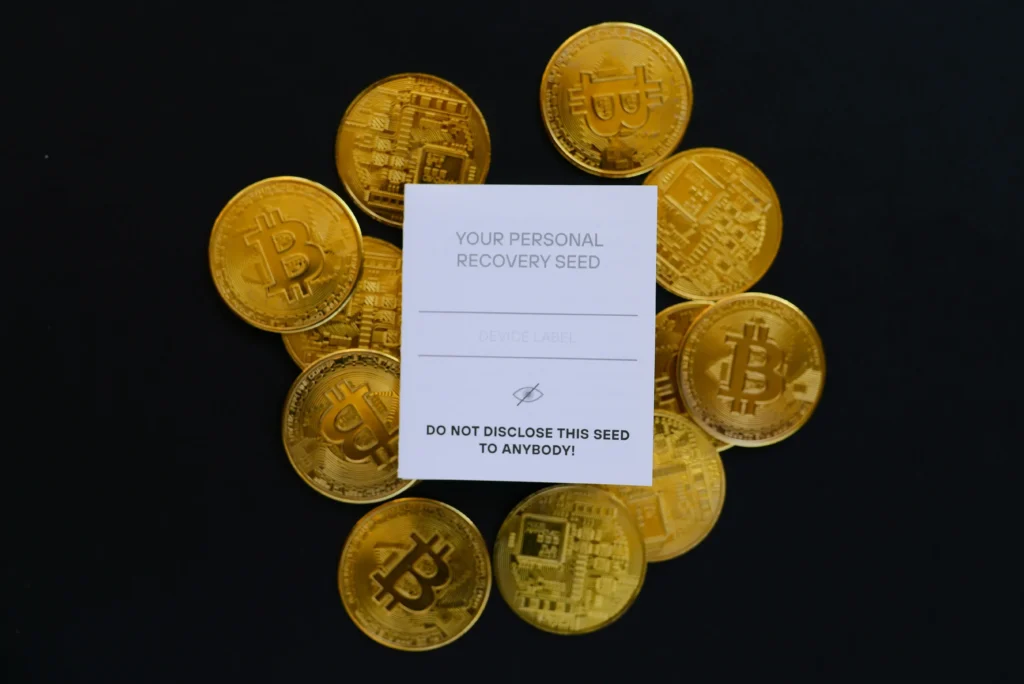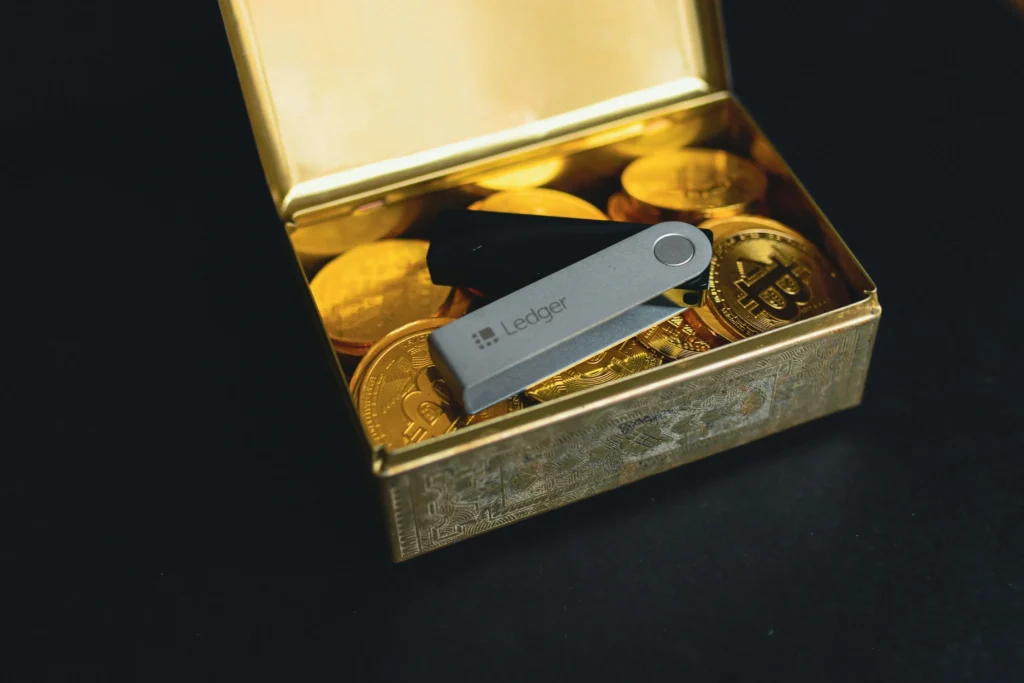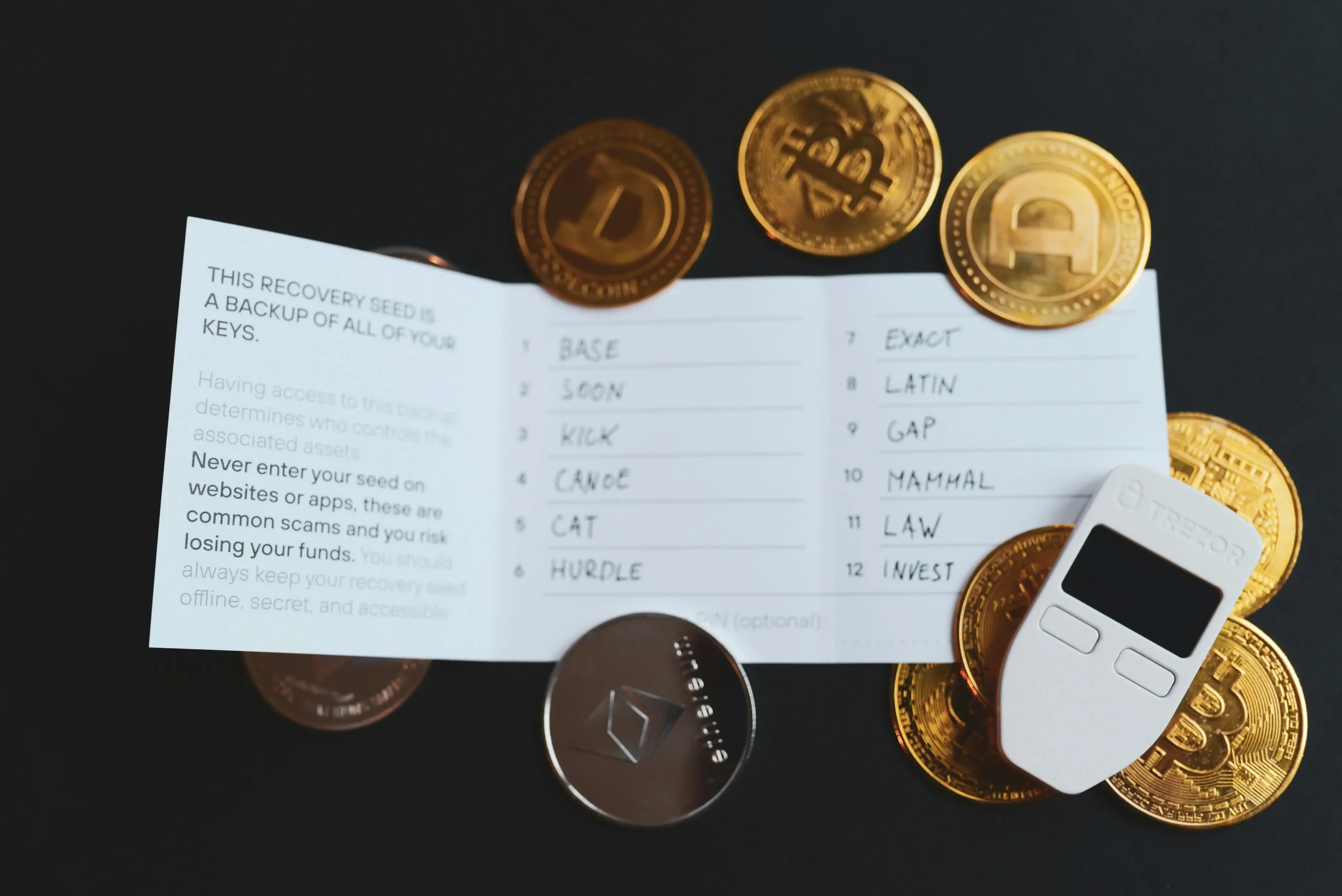As digital finance grows, understanding how security works in the cryptocurrency market is essential. At the center of every secure cryptocurrency transaction is a powerful concept: the private key.
This invisible line of code protects your funds, confirms your identity, and keeps your digital wallet locked from unauthorized access. If you’re planning to buy cryptocurrency, invest in cryptocurrency funds, or explore peer to peer finance, learning how a private key works is non-negotiable.
🔐 What Is a Private Key?
In cryptocurrency, a lengthy string of letters and numbers is called a private key. In essence, you can access and transfer your digital currency using this secret password. Each cryptocurrency wallet contains:
- A public key (the address in your wallet that everyone can see)
- A private key, which is used to sign transactions and is kept secret
Your wallet uses your private key to confirm that you are the legitimate owner before allowing you to send cryptocurrency. Following the broadcast of this signed message to the blockchain, the transaction is authorized and noted on the distributed ledger.
📜 The Importance of Private Keys in Blockchain Technology
Blockchain technology relies on transparency and trustless systems. That means the system works not because people trust each other, but because it’s mathematically secure.
Here’s where private keys matter:
- They verify ownership of cryptocurrency funds
- They authorize payments across payment methods
- They prevent fraud or unauthorized access to your crypto
Your financial assets in the blockchain world are only as safe as your ability to protect your private key.
🧠 How Private Keys Work Technically
Behind the scenes, computing power generates your private key using cryptographic algorithms. From this key, a public key is derived, and from the public key, your wallet address is created.
Private keys:
- Are generated using open source cryptographic libraries
- Can’t be reverse-engineered due to complex encryption
- Are stored locally (software wallets) or offline (hardware wallets)
This tech ensures that even without a central authority like financial institutions, users can still verify and authorize transactions independently.
💳 How Private Keys Compare to Credit Cards or Debit Cards
Crypto wallets that use private keys, as opposed to conventional credit cards or debit cards, do not depend on banks or credit card companies to handle transactions. There is:
- Absence of an intermediary
- No bank fees
- No chance of an account freezing
For this reason, a lot of investors now favor cryptocurrency investing as a more private and safe way to manage their money.
🧾 Real-Life Example: Sending Cryptocurrency
Imagine you want to send 0.5 ETH to a friend. Your wallet:
- Creates the transaction data (recipient, amount)
- Uses your private key to sign the data
- Broadcasts the signed transaction to the peer to peer network
- Other nodes confirm your digital signature and add the transaction to the blockchain
Without your private key, this process can’t happen.

⚠️ What Happens If You Lose Your Private Key?
Losing your private key is like losing the keys to your safe—but worse. In most cases, if you lose your private key, you lose access to your cryptocurrency forever. There’s no “forgot password” button in decentralized finance.
This is why users and financial institutions are now:
- Using multi-signature wallets
- Relying on cold storage (offline hardware wallets)
- Backing up keys on encrypted devices or paper wallets
🔄 Recovery Phrases and Seed Phrases
Many wallets use a seed phrase—a set of 12–24 words that can regenerate your private key. If you store this securely, you can recover your wallet even if your device is lost.
But be careful: anyone with your seed phrase can access your funds.
🔐 Custodial vs. Non-Custodial Wallets
Your private key can be kept in one of two ways:
- Custodial wallets: These are kept by platforms or exchanges that you trust.
- Non-custodial wallets: You trust yourself, so you own and safeguard your key.
The cryptocurrency market promotes self-custody for complete control, whereas banks and credit card companies typically rely on custodial solutions.

🌐 Private Key Use Beyond Just Bitcoin
Private keys are not limited to Bitcoin. They’re used in every crypto project, including:
- Ethereum for smart contracts
- Solana, Cardano, and others for staking
- Layer-2 networks for faster cryptocurrency transactions
They are also central to DePIN (Decentralized Physical Infrastructure Networks), where users use keys to verify access and usage of real-world services like wireless networks.
💼 Financial Institutions and Key Management
Secure key management is becoming increasingly important as more financial institutions enter the crypto space. Businesses need:
- Safe access for multiple users
- Key storage of institutional quality
- adherence to international laws
Some businesses divide control of private keys using multi-party computation and distributed ledger technology.

🧭 Future of Private Key Security
Expect innovation in:
- Biometric wallet access
- Password-less authentication
- Integration with fiat currencies for regulated access
- Easier tools for users to buy cryptocurrency and store it safely
Private key tech will continue evolving to meet the security standards of both beginners and professionals.
✅ Final Thoughts
A private key is more than just a password—it’s your gateway to cryptocurrency transactions, your identity in the blockchain technology ecosystem, and the backbone of financial freedom in the digital age.
Whether you’re investing in cryptocurrency, using a crypto-linked debit card, or participating in a peer to peer economy, protecting your private key is the most important responsibility you hold.
Q1: What is a cryptocurrency private key?
Your crypto transactions are authorized and secured by a private key, which is a secret string of characters.
Q2: Is my private key hackable?
Yes, if you store it badly. However, it is practically impossible to guess due to cryptographic encryption and processing power.
Q3: What would happen if my private key disappeared?
Unless you have backed up your digital currency with a seed phrase, you lose access to it.
Q4: Do credit card transactions involve the use of private keys?
No. Instead of using private keys or blockchain technology, credit cards rely on centralized authorization systems.
READ ALSO : Can Archer Aviation Stock Take Off in 2025? Here’s What to Know

